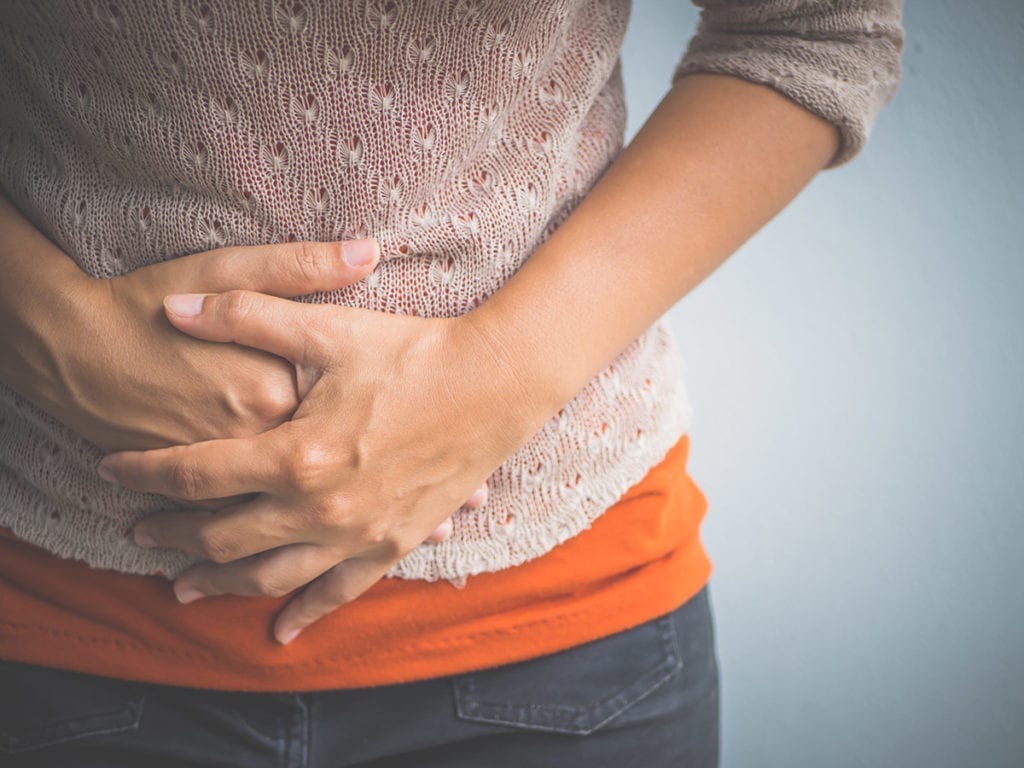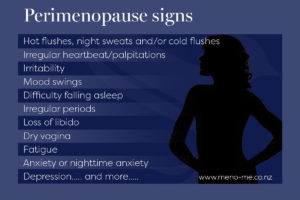sBloat.
Even the word bloat feels uncomfortable, right? It’s like your body’s saying “urgh”.
When bloating strikes, your tummy can puff out, your jeans feel two sizes too small, and nothing in your wardrobe looks or feels good. You might even feel like you’ve packed on 5kg overnight!
Is bloating normal in menopause?
Short answer? Yes.
Indeed bloating is one of the most common – and frustrating – symptoms of perimenopause and menopause.
It’s especially common during perimenopause, when your hormones start fluctuating wildly in the lead-up to menopause. Once you reach post-menopause and estrogen and progesterone levels stabilise, bloating often eases up.
What is bloating, exactly?
A feeling of fullness, tightness, or visible swelling in the belly. It can also come with water retention, puffiness, or even temporary weight gain.
What causes bloating in menopause?
Hormones and gut health are the usual suspects.
Estrogen, in particular, plays a big role. When it fluctuates – as it does in perimenopause – it can cause digestion to slow, mess with fluid balance and trigger bloating.
What’s more, air or fluid getting trapped in the gastrointestinal tract can cause water and/or gas retention. Gas is usually trapped in the stomach area only, while retained water can be widespread and may lead to swelling in hands/feet/legs/belly.
According to Medical News Today other causes of menopause-related bloating include:
- Changes in diet or appetite
- Slower digestion
- Menopause-related stress
- Reduced stomach acid
- Food insensitivities (dairy is a common one!)
How to reduce bloating in menopause
Good news: you’re not stuck with it. There are a number of ways to show bloating the door:
- Eat slowly – avoid gulping air as you eat
- Drink more water – yes more! It helps prevent water retention
- Ditch the fizzy drinks – carbonation = gas
- Temporarily avoid gas producing foods like beans, broccoli, Brussels sprouts, cabbage, onions, and wheat – add those veggies back in once you’re gut’s more settled – they’re full of goodness!
- Sip peppermint tea – soothing and anti-bloat
- Chew fennel seeds – an ancient Ayurveda trick that works wonders
- Watch out for dairy – it’s a common bloating trigger in midlife
- Avoid gum and artificial sweeteners like sorbitol and erythritol
- Cut back on processed foods
- Move your body daily – even gentle walks help digestion
- Add probiotics to your diet – think yoghurt, sauerkraut, kefir
- Top up with a quality synbiotic (pre/probiotic) supplement – like our Happy Go Tummy® 💙 which ticks all of the boxes you need.
When to see your doctor
While bloating is common during menopause, it shouldn’t be constant or severely uncomfortable. If your bloating persists despite lifestyle changes, or if it’s accompanied by other concerning symptoms, book a check-up with your GP. It’s always best to rule out anything more serious.
The bottom line
Yes, bloating is part of the menopause experience for many women – but it doesn’t have to be your new normal.
With a few smart tweaks and targeted support, you can feel light, comfortable, and more like you again.
Just so you know: this article is written by a real person who has studied the physiology of menopause and women’s healthy ageing. While we may use AI as an assistant, the research, insights and heart behind every piece comes from us.











